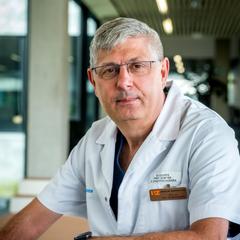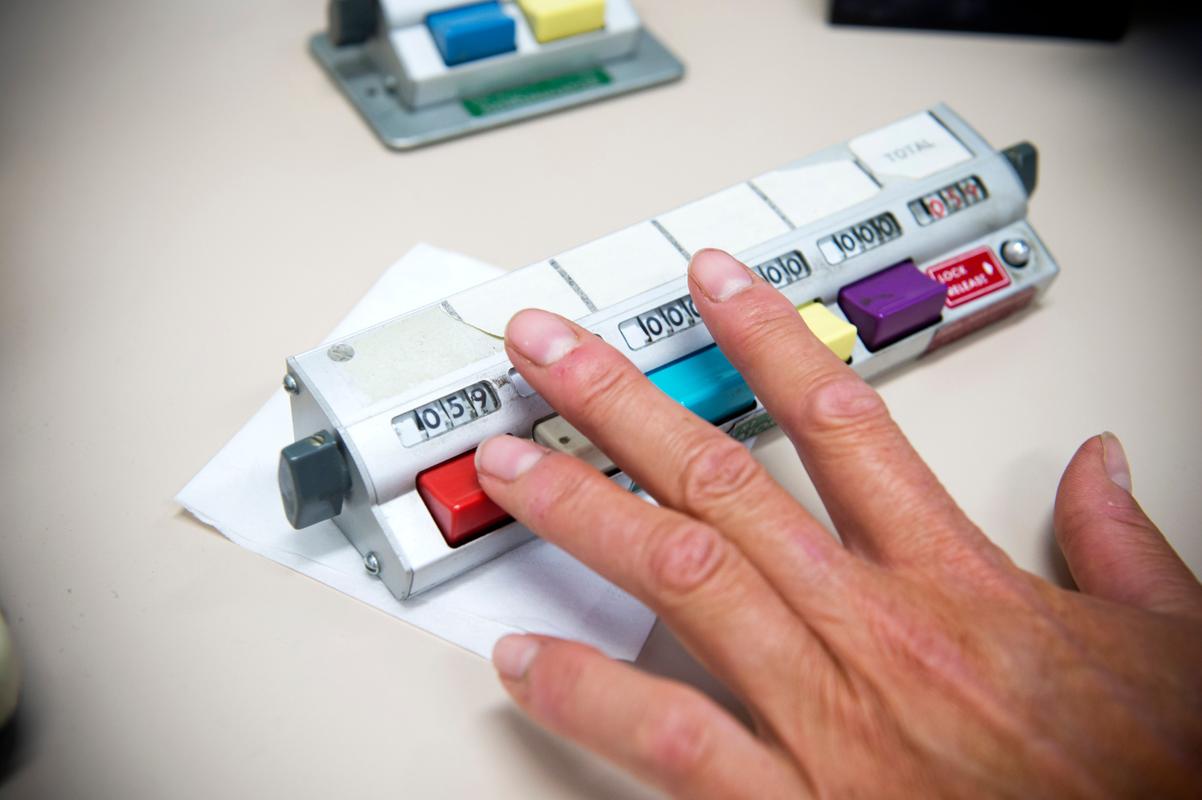Andrology, the study of male health, has long remained the baby brother to e.g. gynaecology and related specialism endocrinology and urology. Now that there is more scientific knowledge about testosteron, genetics and male fertility, there is a bigger demand for andrology specialists. Also UZ Leuven is committed to paying more attention to andrology, both in terms of research and training. This year, three doctors in training in the andrology reference centre will have the opportunity to train in andrology.
Not a recognised specialty
Andrology focusses on male health, more specifically the male reproductive organs, sexuality and fertility, and the male hormones such as testosteron. Even though it is not a recognised specialty in Belgium, endocrinologists and urologists in UZ Leuven have always strived to keep up the quality of the Leuven training in andrology. In March 1999 UZ Leuven was recognised by the European Academy for Andrology as centre of excellence where endocrinologists and urologists can be trained. Since then interested endocrinology and urology assistants are given the opportunity to follow the andrology training. They assisit in consultations, get extra training and attend congresses.
Insufficiently known
For a long time, male health was secondary to its female opponent of gynaecology, and the pharmaceutical industry has offered little support. On the other hand, the term 'andrology’ is not very accessible and therefore also relatively unknown. Thanks to the persistent efforts of the doctors involved and the multidisciplinary collaboration between different departments and hospitals, change is coming.
Prof. dr. Dirk Vanderschueren, doctor specialist endocrinology UZ Leuven: “I've long had the feeling that not a lot was moving in the field of andrology, but now I'm seeing a lot of evolution again, e.g. in terms of further exploring genetic causes of male infertility. We can and will stand on sidelines. We have the infrastructure, the researchers and the know how. We are internationally known and recognised on the field of testosteron (function) and research and the Leuven centre fulfils a certain pioneering role in this sense. Also in other research domains such as reduced fertility and sexuality we want to be active.”
It is important that hospitals invest more than average in andrology
Leading
A laboratory where sperm can be frozen and sperm analysed, a team of basic researchers, trainee assistants, doctors doing consultations ... The elaborate set-up is not self-evident, but it is precisely this collaboration that takes the training centre to the next level.
Prof. Vanderschueren: “It is important that there are hospitals that invest more than average in andrology. We need specialists that can meet patients' diverse, sensitive, and sometimes special questions. It is useful that there are doctors who have more experience in dealing with fertility disorders in men, with a knowledge of sexuality, hormones and urology, and at the same time can deal with the diffidence that still exists among many men to talk about such matters. Even with cases that are less commonplace, someone needs to take care of them and acknowledge the problem. Because that is the skill of an andrologist: providing an overarching perspective combined with a broad knowledge of cases.”
COST action
The COST action is an initiative to create more awareness around andrology and male health. You can find more information here: https://www.cost.eu/andronet-andrology/
